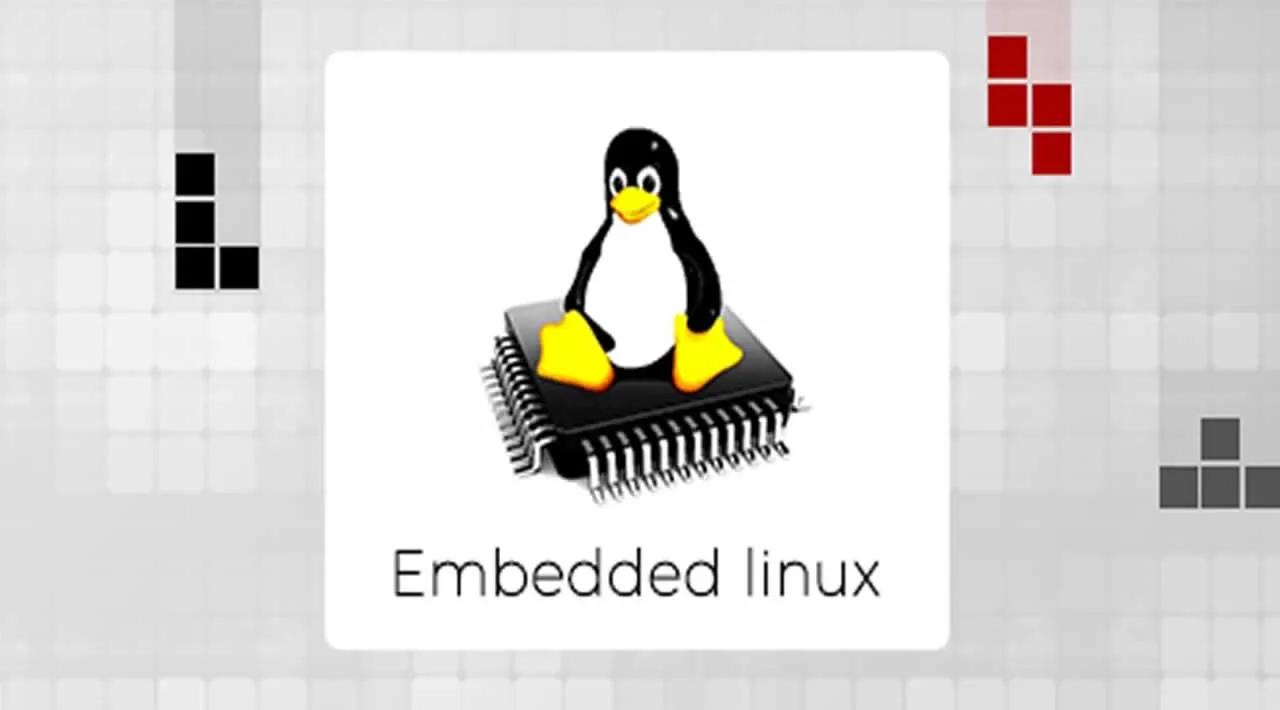Embedded Linux systems almost always include a bootloader. Technically it’s not a part of Linux, but bootloaders are an essential part of the embedded Linux experience.
While it is technically possible to make an embedded system start running the Linux kernel right out of reset, this is generally not done. Embedded systems generally separate out the responsibility for performing initial start-up code and Power On Self Test (POST) from the operating system and into a separate bootloader.
When embedded systems are powered on, the CPU runs the initial code — which is a bootloader. The bootloader will initialize necessary hardware, then find the next program to run, load that program into memory, and jump into that program, executing it. At this point, the bootloader code will not be run again, so it is discarded from memory.
#Development #Linux #Tools #Contributed #Sponsored
